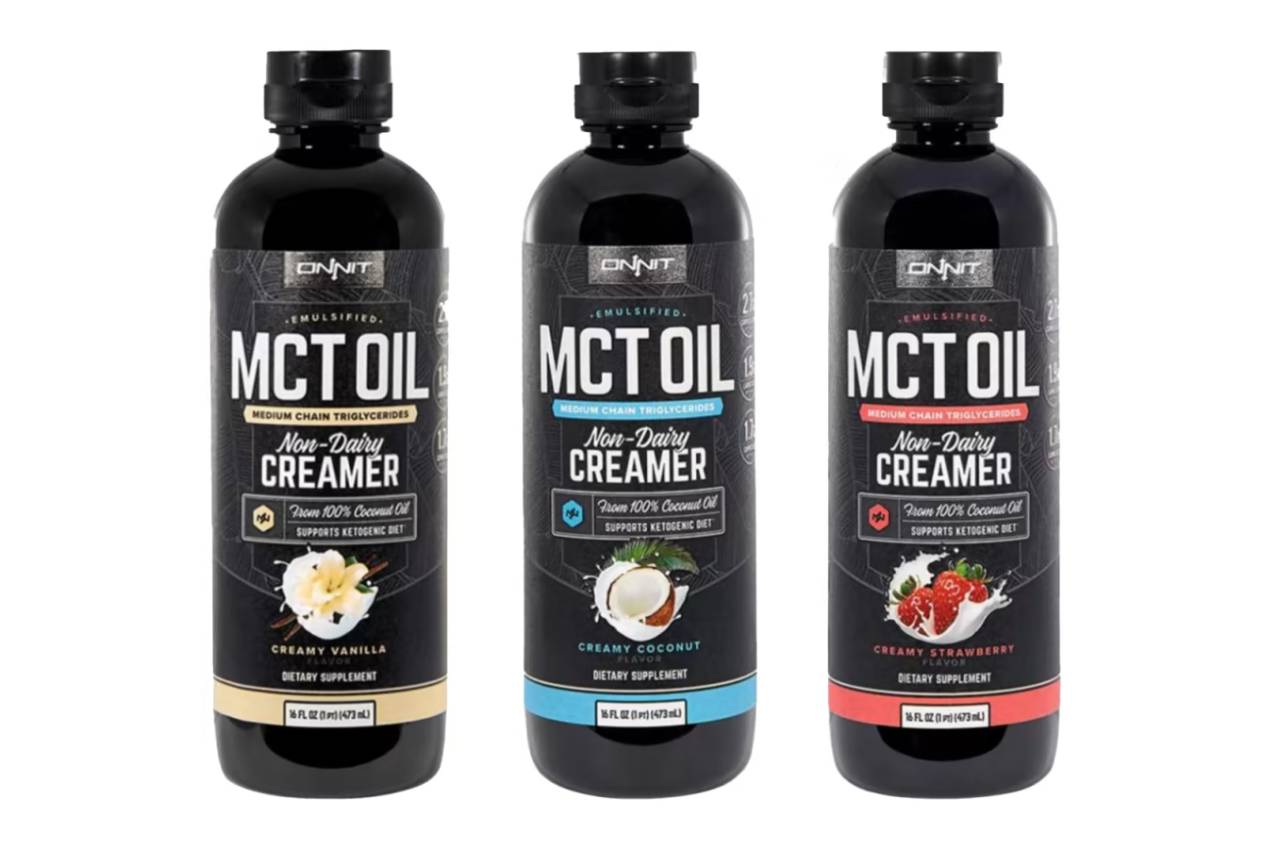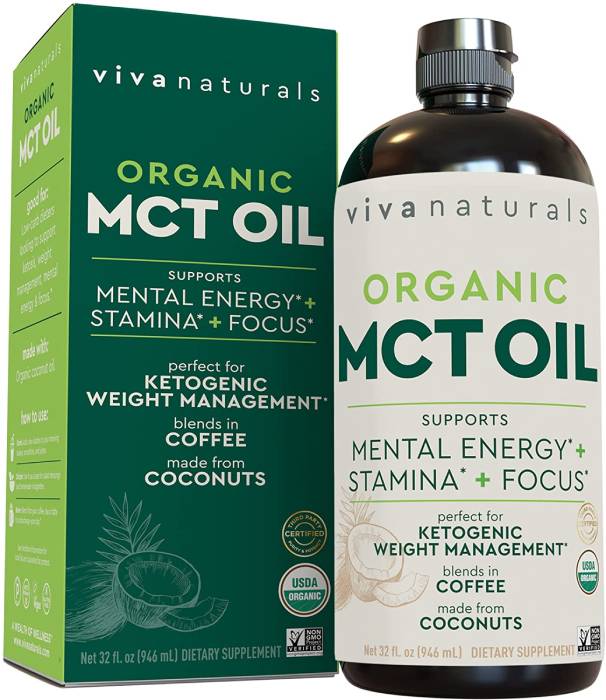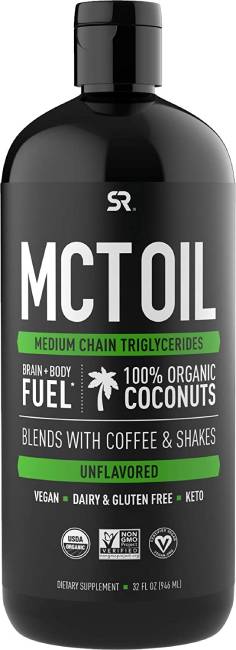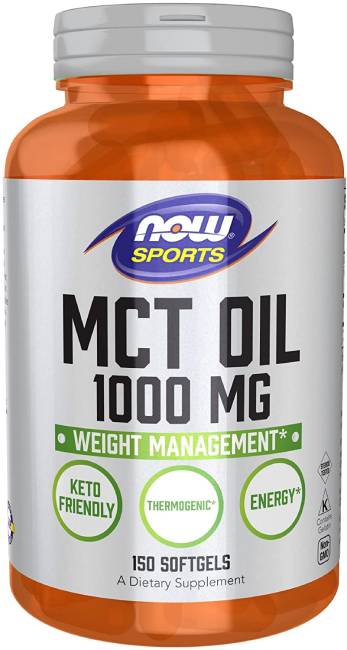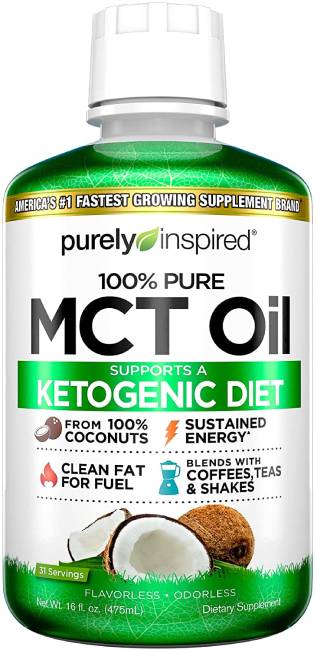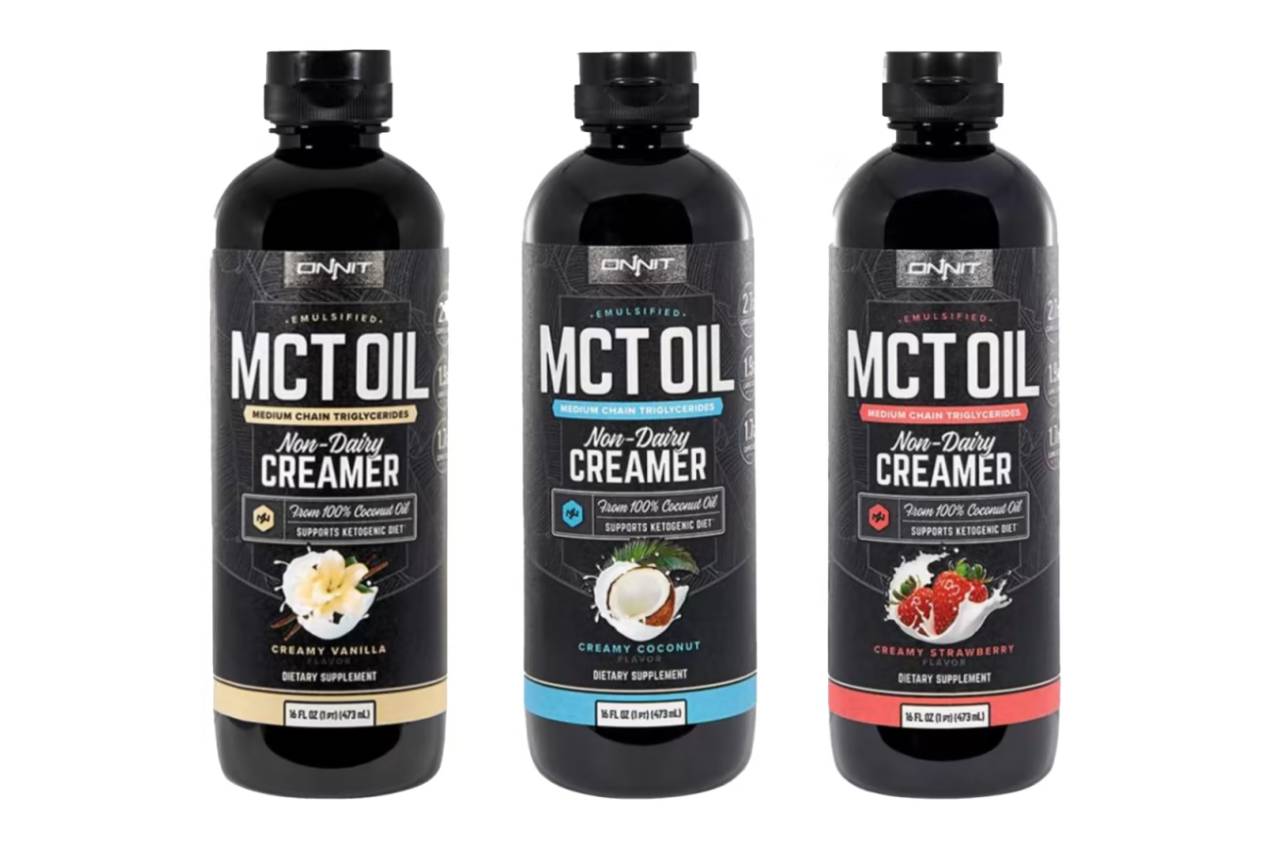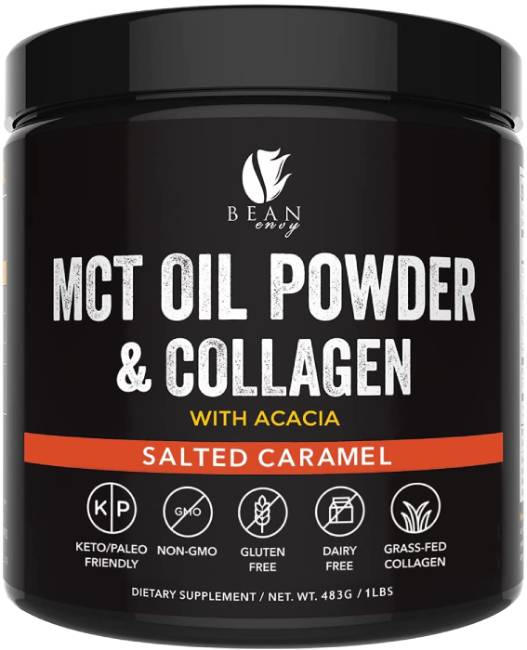Some popular keto meals and components have a lot of buzz about them, whether you're just starting out or have been following the diet for some time. When it comes to the ketogenic diet, MCT oil is one of the most often utilized items. An MCT oil supplement is essential for anyone on a low-carb or keto diet because of its numerous advantages and scientific evidence to back them up.
What Is Mean By MCT Oil And What Does It Do?
Healthy saturated fats like MCTs (medium-chain triglycerides, or fat molecules with 7–12 carbon atoms) are present in a number of foods such as butter, palm oil, and whole yoghurt, among others. A procedure known as fractionation is used to remove the MCT's from coconuts, which results in MCT oil.
We generally consume lipids with long-chain triglycerides, but MCT oil has a smaller molecular structure, making it more quickly absorbed by the body and requiring no digestive enzymes. A different form of energy is produced instead: ketones are produced in the liver and quickly used by the body.
Here's how it all goes down: The ultimate objective of the keto diet is to assist the body convert from operating on glycogen (carbohydrates) to running on ketones (fats), which promotes fat burning. For lack of carbohydrate sources, the body must turn to fat reserves for energy. This is dangerous Dieters refer to this condition as "ketosis". In addition, MCT oil instantly raises energy levels by boosting ketone synthesis in the body and promoting fat loss.
In What Way Does MCT Oil Is Differ From Other Oils?
This oil contains the highest concentration of MCTs when compared to other oils, such as coconut or palm. Additionally, MCTs may be found in palm kernel oil, butter and other dairy items such as cheese. Most of the fat in butter from grass-fed cows contains medium chain triglycerides (MCTs). In dairy products like full-fat yoghurt, the MCT content ranges from 8% to 9%.
Unlike coconut oil, which has a higher MCT concentration, MCT oil does not include any saturated fat. Despite the fact that coconut oil is the richest dietary source of MCTs (55-60%), MCT oil has 100% MCTs! According to research published in the American Journal of Clinical Nutrition, the caprylic acid present in MCT oil is three times more efficient than coconut oil in encouraging the synthesis of ketones.
MCTs Various Kinds
Doctor Padre says there are many kinds of MCTs, each with a distinct amount of carbon atoms:
- Caproic acid is the chemical formula for C6
- The acid in C8 is called caprylic.
- Capricium sulfate (c10)
- Lauric acid is the chemical symbol for carbon 12.
For energy purposes, it is important to know how many carbons each triglyceride has. When we talk about bodies' energy currency, "ATP," Dr. Pedre adds", the longer a chain gets, the more difficult it is for our bodies to convert it into the energy currency of our cells." Fat may be used as a fuel source, however MCTs are a better choice because of their shorter length.
Bacteria fermenting fibers and unprocessed sugar in the gut produce short-chain triglycerides (SCFAs) for energy, which the body uses to fuel itself.
Advantages Of MCT Oil
Based on current studies, MCT oil may provide a wide variety of health advantages.







